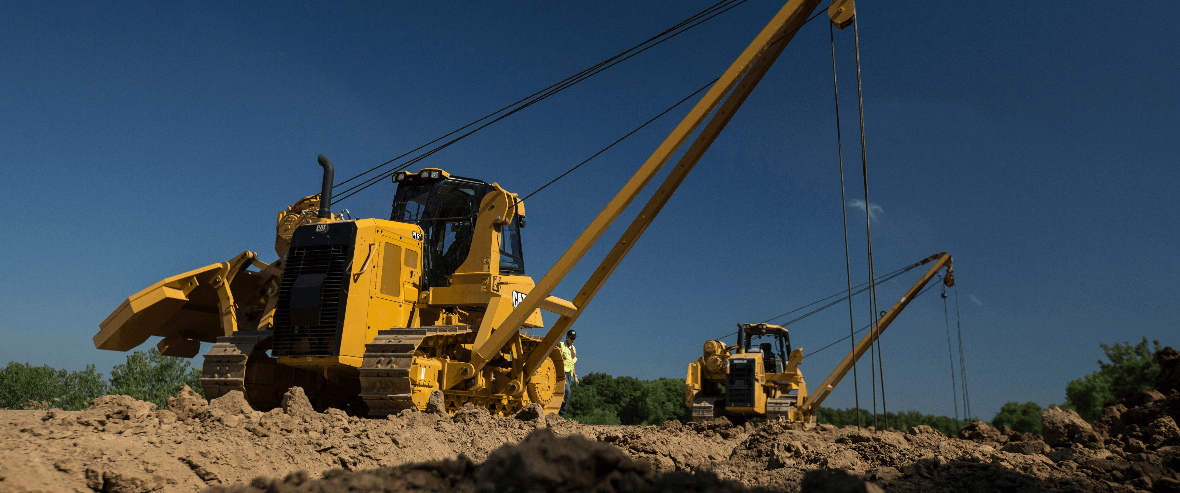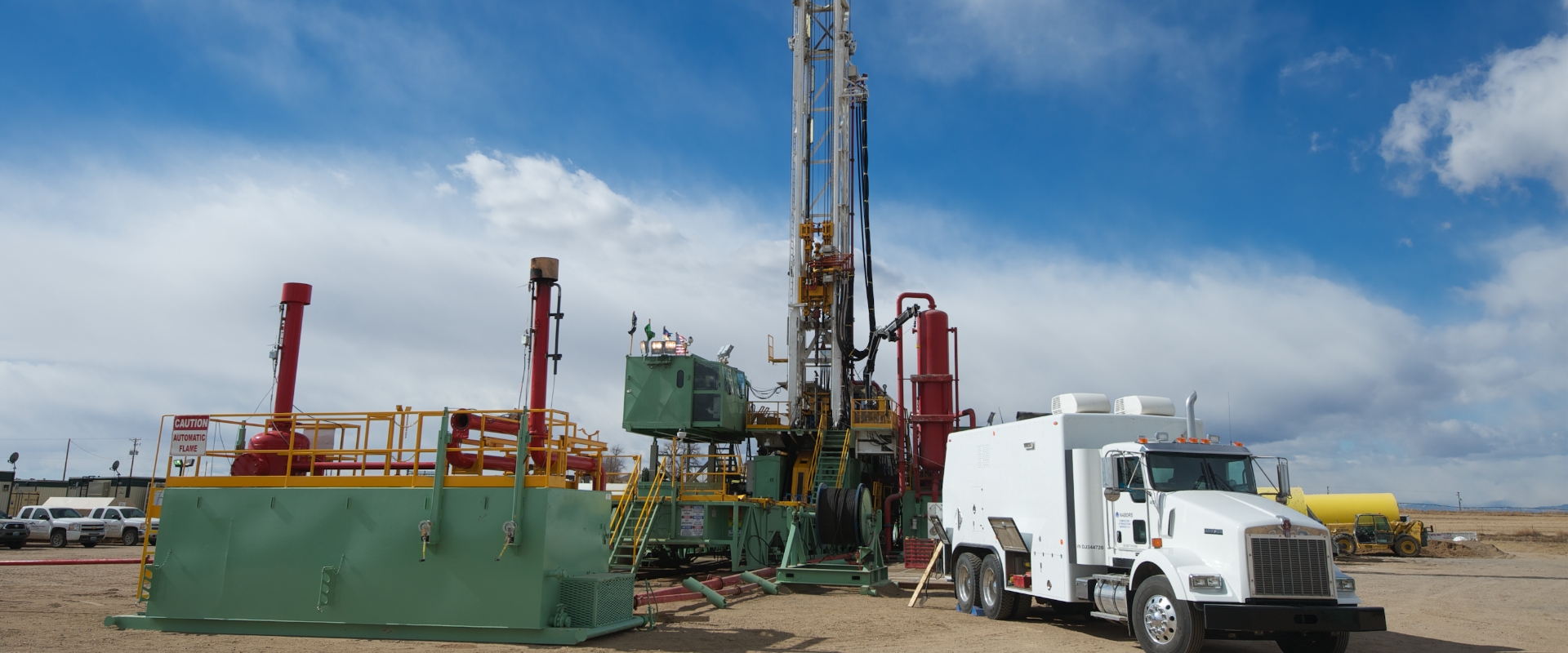Superior Rentals Contact: fast response services
Wiki Article
A Comprehensive Guide to the Numerous Kinds Of Oil Field Equipment and Pipeline Equipment Available
The oil and gas market counts heavily on specialized equipment for efficient removal and transport. Various sorts of equipment, from piercing rigs to storage space containers, play vital duties in this complex procedure. Each tool serves distinct functions that contribute to overall functional success. Comprehending these elements is vital for any person associated with the sector. As the market evolves, so also do the technologies that sustain it. What improvements are on the perspective?
Drilling Rigs: The Backbone of Oil Expedition
Drilling rigs work as the crucial equipment in the domain name of oil exploration, enabling business to accessibility hydrocarbon books hidden deep below the Earth's surface. These rigs can be found in various types, consisting of land rigs, offshore rigs, and mobile systems, each created to operate in specific settings. Furnished with innovative innovation, drilling rigs can permeate geological formations with accuracy, making certain effective resource extraction. The structural stability and operational capacities of these rigs are vital, as they should stand up to severe problems and significant pressures. Furthermore, the option of a drilling rig impacts the overall job price and timeline, making it an essential factor to consider for oil business looking for to enhance their expedition initiatives and take full advantage of efficiency in their procedures.Pumps: Necessary for Fluid Movement
In the oil extraction procedure, the role of pumps is significant, assisting in the motion of liquids throughout various phases of production. Pumps are crucial for transferring crude oil, water, and various other liquids from below ground storage tanks to the surface and afterwards with pipes to refineries. They are available in different types, consisting of centrifugal, positive displacement, and completely submersible pumps, each offering certain objectives based upon the fluid attributes and operational needs. Centrifugal pumps are frequently used for their efficiency in high-flow applications, while favorable variation pumps master managing viscous fluids. The selection of pump effects general efficiency, functional safety, and upkeep costs. Proper choice and upkeep of pumps are vital for maximizing manufacturing and reducing downtime in oil area operations.Shutoffs: Managing Circulation and Pressure

Shutoffs play a crucial function in managing the flow and pressure of liquids within oil areas and pipelines. Various kinds of valves offer unique applications, each developed to fulfill certain features basic for effective procedure - Superior Rentals Contact. Understanding the attributes and uses these shutoffs is necessary for maximizing system efficiency and security
Types of Valves
Important elements in oil field procedures, shutoffs play a critical function in controlling the circulation and pressure of fluids within pipelines and devices. Various kinds of valves are utilized to satisfy the diverse requirements of oil and gas manufacturing. Typical types consist of entrance shutoffs, which supply a straight-line circulation and very little pressure decline; globe valves, recognized for their throttling capabilities; and ball shutoffs, recognized for their quick on/off control. In addition, check valves avoid backflow, while butterfly shutoffs use a light-weight option for controling flow. Each shutoff type is designed with specific materials and arrangements to stand up to the extreme problems usually located in oil areas, making certain reliability and effectiveness in procedures. Recognizing these kinds is critical for reliable system administration.Valve Applications and Features
While numerous types of valves offer distinct functions, their primary applications revolve around managing circulation and stress within oil and gas systems. Shutoffs such as entrance, globe, and ball valves control liquid movement, ensuring peak efficiency and safety and security. Gate shutoffs are generally used for on/off control, offering marginal flow resistance. Globe shutoffs, on the various other hand, deal accurate flow regulation, making them ideal for strangling applications. Ball valves are preferred for their fast operation and limited securing capacities. In addition, pressure safety valve are important for protecting against system overpressure, securing devices stability. Generally, the ideal choice and application of valves boost operational efficiency, making sure the reputable transportation of oil and gas via pipelines and processing facilities.Compressors: Enhancing Gas Transportation
Compressors play an essential duty in the efficient transportation of gas, guaranteeing that it moves garbage chute construction efficiently through pipes over long ranges. These gadgets increase the pressure of gas, enabling it to overcome rubbing and altitude adjustments within the pipeline system. Furthermore, compressors help with the balancing of supply and demand, accommodating changes in consumption and manufacturing prices. Different sorts of compressors are utilized in the market, consisting of centrifugal, reciprocating, and rotary screw compressors, each offering distinct advantages based upon the operational demands. Routine maintenance of these compressors is vital to take full advantage of performance and lessen downtime, ultimately adding to a trusted gas transportation network. Their critical function highlights the importance of compressors in the general oil and gas infrastructure.Storage Tanks: Safe and Efficient Fluid Management
Reliable transportation of gas relies on different sustaining systems, among which is the proper administration of tank. These tanks play a crucial function in safely containing liquids, making certain that operational performance is maintained while reducing environmental threats. Created from resilient products, they are created to endure high stress and corrosive elements. Effectively sized and purposefully situated, tank promote the smooth circulation of all-natural gas and various other fluids, preventing bottlenecks in supply chains. Regular upkeep and tracking are critical to detect leaks or architectural issues, promoting safety and security and conformity with regulatory standards. Eventually, the effective administration of tank is essential for the total stability and dependability of the oil and gas industry's liquid handling systems.
Pipeline Equipments: Framework for Transportation
Pipeline systems offer as the foundation of the oil and gas industry, promoting the reliable transportation of hydrocarbons over large distances. These systems consist of numerous components, consisting of pipelines, valves, pumps, and compressors, all diligently made to guarantee smooth flow. The materials utilized in pipeline construction, usually steel or high-density polyethylene, are chosen for longevity and resistance to rust. Pipeline networks can extend throughout land and water, attaching production sites to refineries and circulation centers. Additionally, progressed technology enables real-time tracking of flow rates and stress degrees, enhancing functional performance. The critical positioning of these pipelines decreases environmental influence while optimizing resource accessibility, thus playing a vital role in meeting energy demands globally.Security Equipment: Making Certain Worker and Environmental Protection
The procedure of pipeline systems, while important for energy transport, additionally offers significant safety difficulties for employees and the setting. Safety tools plays a substantial role in mitigating these threats. Personal safety devices (PPE) such as headgears, handwear covers, and non-slip footwear safeguards workers from physical dangers. Furthermore, gas detection systems keep an eye on for leaks, see here now making certain that dangerous read the article compounds do not present a danger to workers or the surrounding ecosystem. Emergency situation closure systems are imperative for swiftly halting operations during a crisis, preventing possible disasters. Spill containment materials, consisting of absorbents and obstacles, are essential for lessening environmental impact. On the whole, investing in all-inclusive safety and security equipment is essential for maintaining functional stability and securing both employees and the setting in the oil and gas industry.
Frequently Asked Questions
Just how Do I Choose the Right Oil Field Equipment for My Task?
Picking the right oil area equipment entails evaluating job specs, budget plan constraints, and operational requirements. Take into consideration variables such as devices dependability, compatibility with existing systems, and the distributor's online reputation to ensure peak efficiency and security.What Are the Upkeep Demands for Oil Field Equipment?
Maintenance needs for oil area devices consist of normal examinations, lubrication, and prompt repairs. Operators ought to additionally follow supplier standards, screen efficiency metrics, and assurance compliance with security guidelines to enhance long life and performance.
Exactly How Can I Guarantee Conformity With Environmental Laws?
To guarantee compliance with ecological policies, firms need to conduct normal audits, carry out best techniques, spend in training, keep proper documentation, and stay upgraded on regulation (Superior Rentals reviews). Collaboration with ecological companies can also improve adherence to lawsWhat Is the Average Life Expectancy of Pipeline Equipment?
The ordinary lifespan of pipeline equipment generally varies from 20 to 50 years, depending on aspects such as material top quality, environmental problems, and upkeep practices. Routine examinations can significantly influence durability and functional effectiveness.Exactly how Do I Safely Transfer Oil Field Equipment to Remote Locations?
Carrying oil field devices to remote locations calls for mindful preparation, including route analysis, securing permits, making use of ideal vehicles, and making sure security methods are followed. Correct training and communication among crews are essential for successful transportation.Report this wiki page